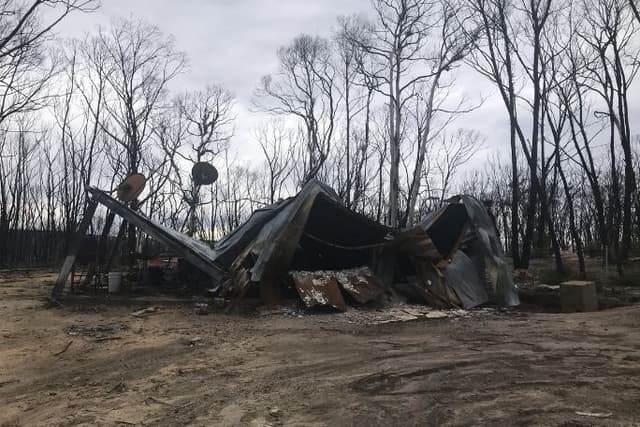
Resilient Australia - Identifying The Scale Of Hazards Around The World
Lesson4 of 10 in this unit
SecondaryYear 7 - 8Humanities and Social SciencesGeographyEnvironmentalDisaster resilienceSocialLeadershipSocial Action
Summary
Lesson Guides and Printables
Lesson Plan

Student Worksheet

Teacher Content Info
